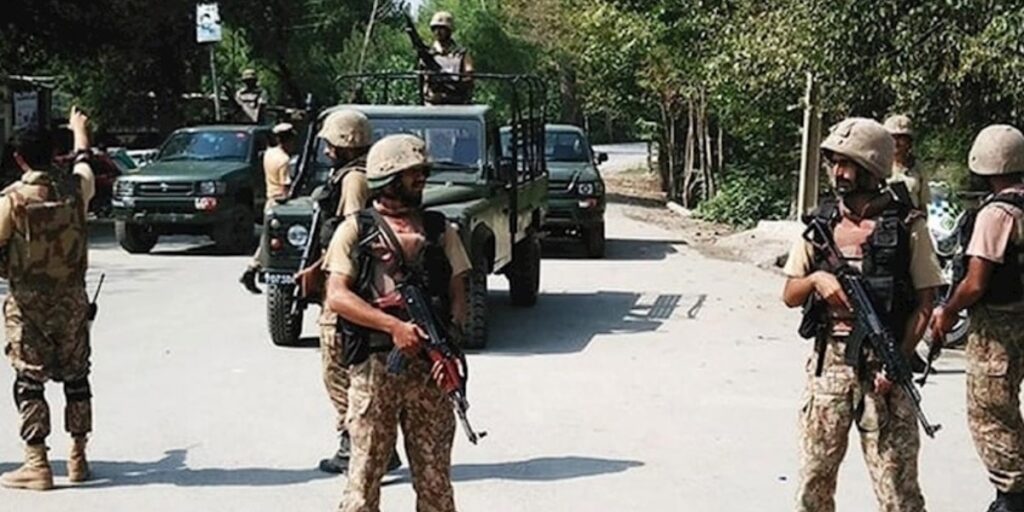QUETTA: The courageous people of Balochistan have once again proven their resilience against the so-called Indian-backed militants as fierce clashes erupted in the Korki area.
According to sources, militants supported by foreign elements attacked peaceful locals, prompting a strong response from the tribal community.
The exchange of fire between the local tribes and the Indian-backed militants left four terrorists dead and two injured.
Despite repeated requests from the tribes to vacate the area, the militants refused to leave. Women from Killi Adamzai Kaur even pleaded with the militants in the name of the Holy Quran to end their aggression and depart, but their appeals were ignored.
Sources said the militants had been continuously harassing local women in Korki, forcing the tribes to take up arms for their protection.
During the confrontation, one tribesman was martyred and two others were injured. The local tribes have vowed not to allow their peaceful lands to be used for terrorist activities.
The people of Korki believe that the recent incidents have exposed the true face of Indian-sponsored militancy, as the harassment of women shows that these elements have no connection with Islam or Baloch traditions.
Over the past decade, Balochistan has witnessed recurring clashes between local tribes and militant organizations, including groups allegedly supported by foreign intelligence networks.
Many of these confrontations have occurred in areas where militants attempt to use tribal regions as safe havens or recruitment zones.
Local tribes, deeply rooted in their traditions and protective of their communities, have increasingly resisted such encroachments.
Several incidents in Awaran, Panjgur, and Kech districts reflect this pattern, where armed tribes have confronted militants involved in extortion, kidnapping, and attacks on security forces.
ALSO READ: One person killed, many injured in a blast in Washak
The people of Balochistan, frustrated by continuous instability, have gradually organized themselves to safeguard their territories and preserve peace, viewing militancy as both an external threat and a violation of their cultural and religious values.





